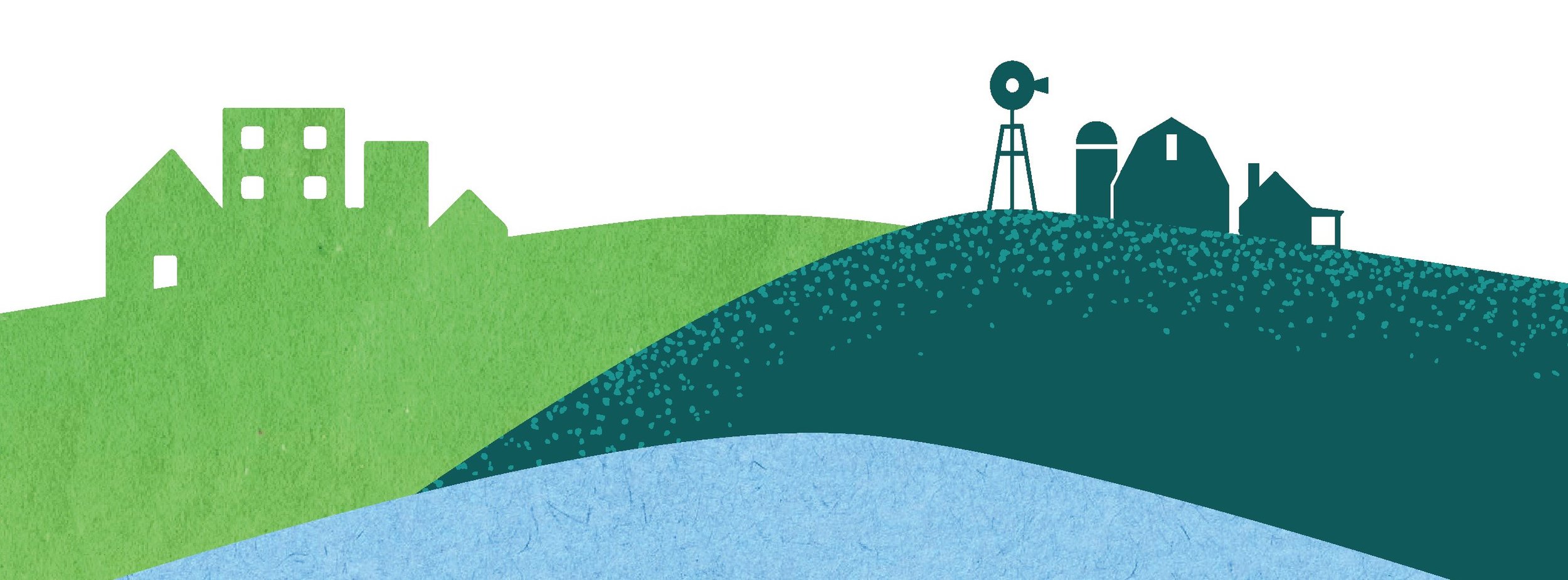Urban/Rural Divide
Are We Paddling Upstream?
Iowans are frustrated and a little angry.
There’s no clear, unified idea how to best move forward with solutions toward healthier water.
They all seemed to agree that a more honest dialogue about the current condition of water is vital.
They all seemed to agree that we need a new way of telling the story.
I am very drawn to the idea of changing the story because I’m a communications specialist and we look for that thing that will move people, that will start to shift something new convince them, persuade them, excite them. And so I’m very hopeful about some of the ideas you have around changing the language, shifting the story. And I think another thing I saw tonight is that I was ready to accept a gridlock, or two sides not having any common ground where I think we do share the values of wanting healthy water. I think anyone can get behind that. It’s not like farmers don’t want healthy water. It’s just finding a way, a path towards that that I hope we can do.
Female Urban
Influencing people to change their minds and behavior around environmental issues such as clean water is one of the most difficult challenges facing our state. In broad strokes, this survey and interview project confirmed two major themes:
There is slightly more awareness among all age and social groups regarding water quality and challenges facing Iowa.
There has been limited progress made toward improving water quality in Iowa.
Perception gaps, differing priorities, and well-ingrained beliefs, as well as a continuing urban/rural divide, have prevented any heightened awareness from translating into a sense of urgency about the state of water in Iowa.
One of the greatest impediments to improving water quality is the absconding of responsibility by one sector of the populace by pointing the finger at another. We must foster a sense of collective responsibility for water pollution. It is time that we stop using the urban-rural divide in Iowa as an excuse to not act on water quality issues.
Water Quality Matters To Us All (2011)
The urban/rural divide dynamic continues to impact the conversation regarding water quality and the ability to move toward solutions the work for everyone in Iowa.
Urban people (of which 42% of participants in urban listening sessions were connected to farming) empathized with the economic challenges:
Those farmers who do the right thing are putting themselves at an economic disadvantage because the ones that don’t are saving money.
Female Urban
If I’m a farmer and I plant cover crops and my neighbor doesn’t, or if I plant buffers along the stream that runs through my property, but my neighbor doesn’t, that’s an uneven playing field. We need government to level the playing field for farmers…
Male Urban
And farmers agree that there are farmers that can do better:
And I think until we can penalize farmers for doing things that they shouldn’t be doing and actually make it hurt in their pocketbook, you’re probably not going to change them.
Female Farmer
Not one single urban participant thought that farmers are polluting the waters intentionally. They did feel that they could do a better job of anticipating the harmful impacts of the nutrients and chemicals that end up in the surface and groundwater in Iowa. Yet the blame game remains palpable:
You can’t just blame farmers. I think there are other polluters besides just farmers.
Male Farmer
I guess under our philosophy of personal rights and freedoms, you’re welcome to pollute your land all you want. But the minute your pollution leaves your land and starts impacting other people’s quality of life, there’s usually a regulatory barrier to prevent you from doing that…
Male Urban
